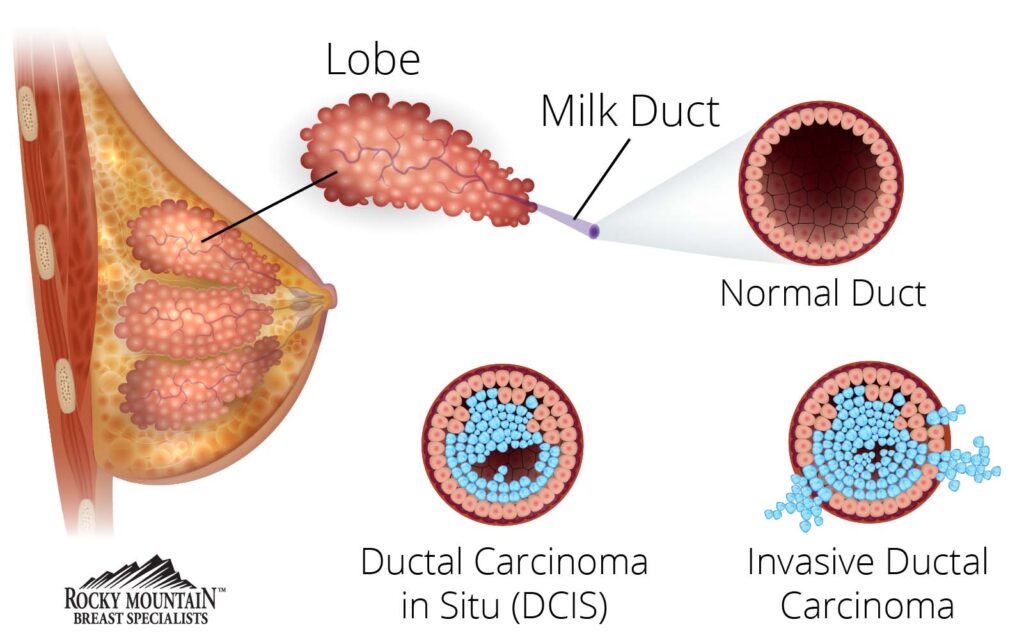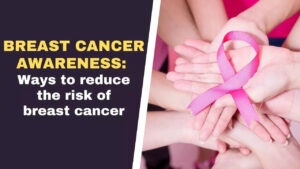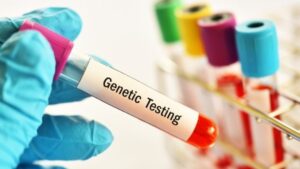We do not know what causes DCIS. We think that the same things that raise the risk of breast cancer also raise the risk of DCIS. We know that cancer develops as a result of abnormal cell reproduction — it’s like a copy machine that doesn’t have an “off” button. Normal cells know how many copies to make and stop when it gets to that number. Cancer cells don’t know when to stop. Eventually, there are enough cells to make a lump or swelling that is called a “tumor.”
Tumors can be benign (not cancerous) or malignant (cancerous). Benign tumors do not spread into nearby healthy tissue. Malignant tumors, on the other hand, do invade healthy tissue. They can also send malignant cells to other parts of the body, where they continue to multiply and create new tumors. DCIS lies somewhere in between — while it has not yet invaded nearby tissue in the breast, there is a high risk that it may do so if left untreated.
We don’t know why one person gets breast cancer and another does not, even when the individuals are in the same family. We do know that breast cancer is not contagious and cannot be passed from one person to another through physical contact.
We also know that there is an increased risk of developing breast cancer in families that have a history of breast cancer. The role that genes play in the development of breast cancer is an area of intense research. If you are especially concerned about your family history, you may want to consult a genetic counselor.

Diet may play a role in developing DCIS and breast cancer, but that role is still unclear; we know of no specific cause-and-effect connection to the development of DCIS. Recent studies indicate that a healthy lifestyle is important, including a low-fat diet, regular exercise, sleep, and a low-stress level. Recent epidemiological studies also show that too much alcohol (wine, hard liquor, or beer) may play a role in the development of DCIS and invasive breast cancer. Drinking alcohol in moderation is recommended.
We do not yet understand all the causes of cancer. There is no credible or research-based information that explains the role that the environment may play in its development. As research goes forward, we’ll add these results to the website.
Many women blame themselves for the development of their cancer. Of all the thousands of breast cancer studies completed, none points to an individual woman as the cause of her breast cancer. In fact, none point to any single cause, but rather to a variety of associations. The development of cancer is a complex interplay of genetics, environment and lifestyle.
Older age, benign breast disease, a family history of breast cancer, and reproductive factors such as older age at the time of first full-term pregnancy, or never having been pregnant are all associated with an increased risk of both DCIS and invasive breast cancer.


